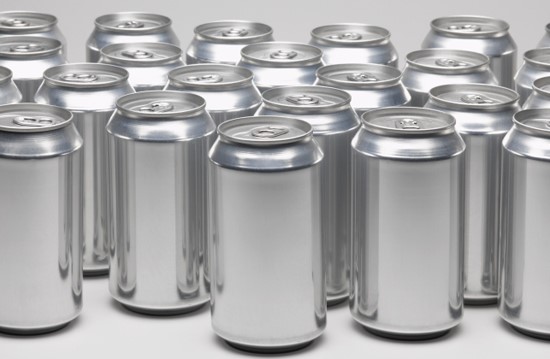Metal Packaging Europe’s study on aluminium cans lifecycle shows significant reductions in CO2 emission
Metal Packaging Europe conducted a study called the Life Cycle Assessment (LCA) on 25cl, 33cl, and 50cl volumes of aluminium beverage cans. As the name suggests, the study covered the entire life cycle of aluminium beverage cans produced in Europe, starting from raw materials extraction to manufacturing and end-of-life.

The observation of the study records significant reductions in CO2-equivalent emissions, compared to 2006 data. The carbon footprint has been reduced by 31 per cent on average for the three volumes, ensuring the industry’s commitment towards lowering carbon emissions and separating production growth from the environmental footprint.
The factors that made this progress possible were the continuous improvements in the aluminium production and can manufacturing processes, reduction in can weight and an increase in aluminium beverage can recycling rate.
For a 33cl can, the reduction in climate change impact over the past 10 years is 33 per cent. Also, aluminium ingot supply reduced by 12 per cent, electricity and heat consumption lowered by 35 per cent, and aluminium beverage can recycling rate across Europe increased by 50 per cent. In 2015, the recycling rate had further risen to 74 per cent, thanks to the well-performing collection and sorting schemes and the active participation of consumers.
Leonie Knox-Peebles, CEO of Metal Packaging Europe, said, “It is part of Metal Packaging Europe’s commitment to provide fact-based and unambiguous information on our industry.” “We are pleased with the significant progress made by our members and are confident that even higher reductions will be achieved thanks to improved recycling rates across Europe,” he added.
This news is also available on our App 'AlCircle News' Android | iOS












.png/0/0)






